NEC acknowledges the ancestral and unceded territory of the Coast Salish Peoples, including the host Nations xʷməθkwəy̓əm (Musqueam), Skwxwú7mesh (Squamish), and səl̓ílwətaʔ/selilwitulh (Tsleil-Waututh) Nations.
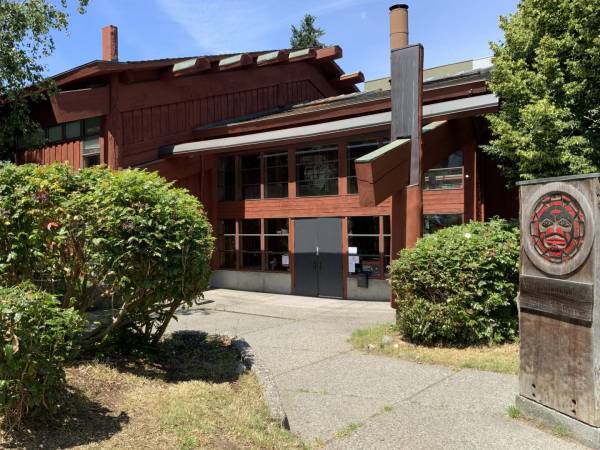
Program Description
The Health Care Assistant (HCA) program employs an Indigenous wellness and holistic approach to prepare learners to become competent caregivers who deliver evidence-based, culturally sensitive care to Elders, Indigenous families, and individuals with healthcare needs. This program allows individuals to work as front-line healthcare providers in various community and institutional settings. The program will equip individuals with the knowledge and skills to function independently as healthcare workers and team members in multiple settings, under the direction and supervision of regulated healthcare professionals.
Program Highlights
- Duration: 32 weeks
- Delivery Method: On-campus
- Schedule: This program is full-time, Monday to Friday, from 9:00 am to 12:00 pm and 1:00 pm to 4:00 pm.
career opportunities
Upon graduation, students will receive Health Care Assistant Certification and be eligible to become registered with the BC Care Aide and Community Health Worker Registry.
Learning Outcomes
Upon completion of this program, the successful student will have reliably demonstrated the ability to:
1) Weave Indigenous values and cultural considerations into practice in order to provide person-centred care and assistance that recognizes and respects the uniqueness of each individual client.
1) Communicate effectively and in a professional manner with coworkers, clients, and their families in a variety of community and facility contexts.
3) Perform the care provider role in a reflective, responsible, accountable, and professional manner.
We are committed to providing a welcoming and culturally safe environment where students can thrive on their educational journey.

Authentic Indigenous Academic Programs and Curriculum
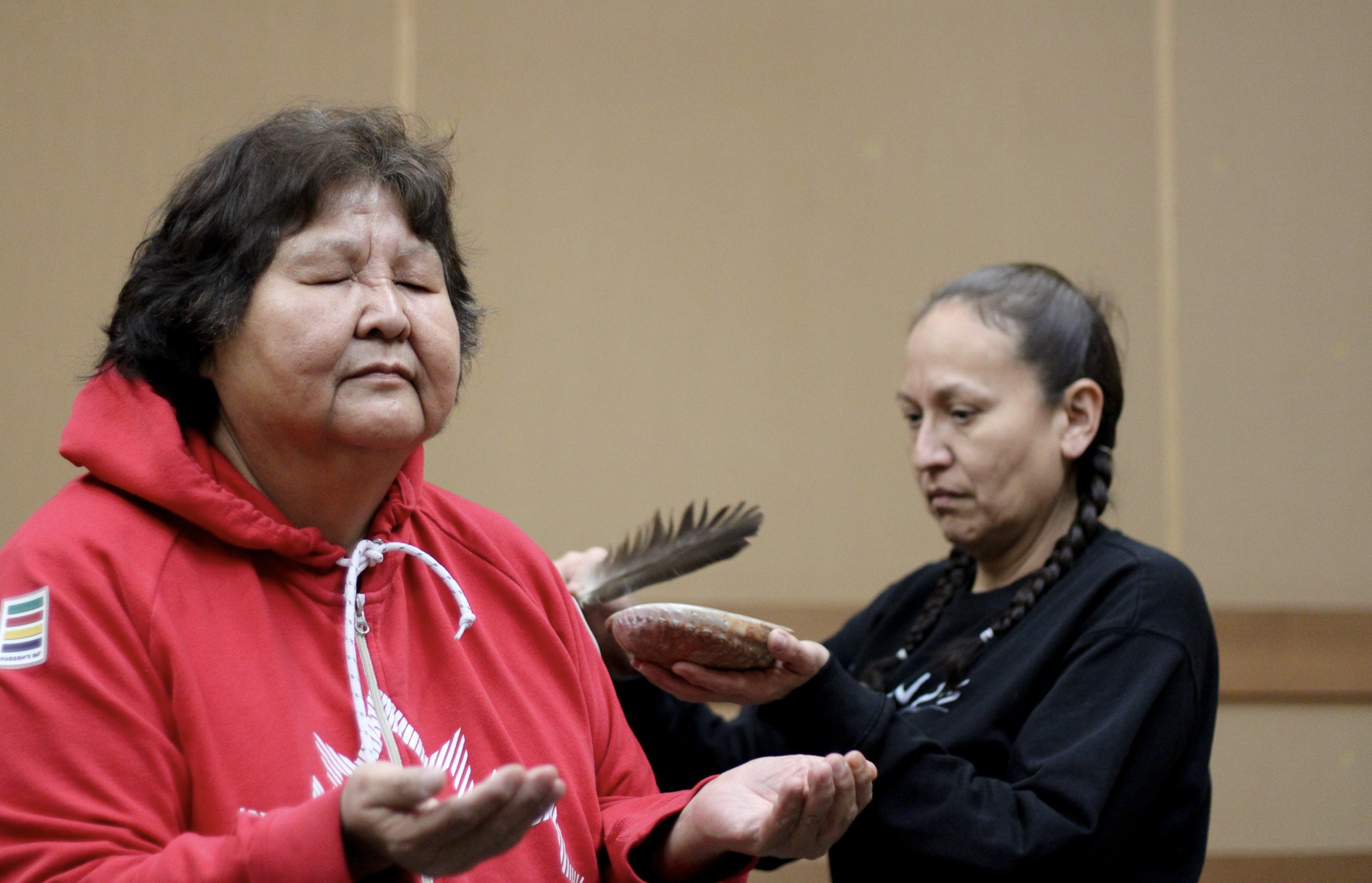
Holistic Wrap Around Supports
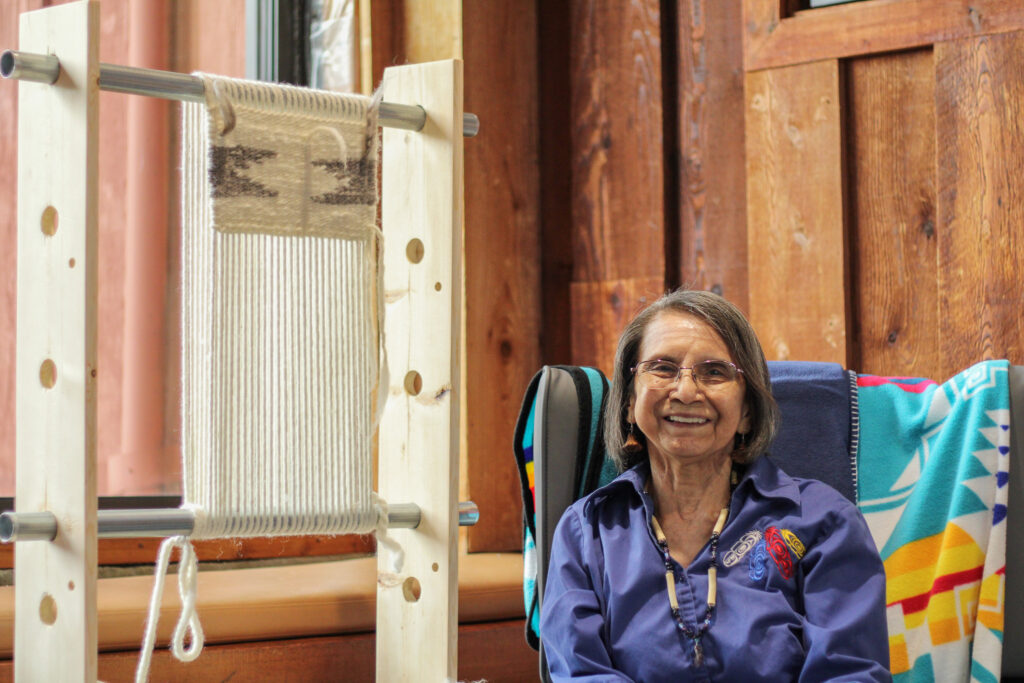
Prevention of Genocide - Critical and Cultural Thought Processes
Course offerings
| HCA 100 | Introduction to Practice |
| HCA 130 | Concepts for Practice |
| HCA 110 | Interpersonal Communication |
| HCA 120 | Lifestyle & Choices |
| HCA 150 | Common Health Challenges |
| HCA 160 | Cognitive & Mental Health Challenges |
| HCA 140 | Personal Care & Assistance |
| HCA 170 | Practice Experience in Multi-level and/or Complex Care placement, including a placement focused on specialized dementia care-instruction led |
| HCA 180 | Practice Experience in Multi-Level and/or Complex Care |
| HCA 190 | Practice Experience in Home Support, Assisted Living, and/or Group Home Setting |
Admission Requirements
Proof of Grade 10 completion (or equivalent) or mature student status
Criminal Record Check Vulnerable Sector(CRC)
Proof of English Language Competency:
– If educated in English for 3+ years: English 10 or equivalent
– If less than 3 years in English: Approved English language test score
(Note: Only education from Grade 8+ in approved English-speaking countries counts; ESL courses not accepted)
Program Requirements*
- Standard First Aid (Red Cross or St. John Ambulance) including current CPR level C or BLS:
- FOODSAFE Level 1 Certificate
- Immunization records – Click here for more information
*Program requirements need to be completed 30 days prior to the commencement of practicum. For more information contact the program manager.
tuition and fees
*Health Care Assistant program is fully funded by the provincial government currently.
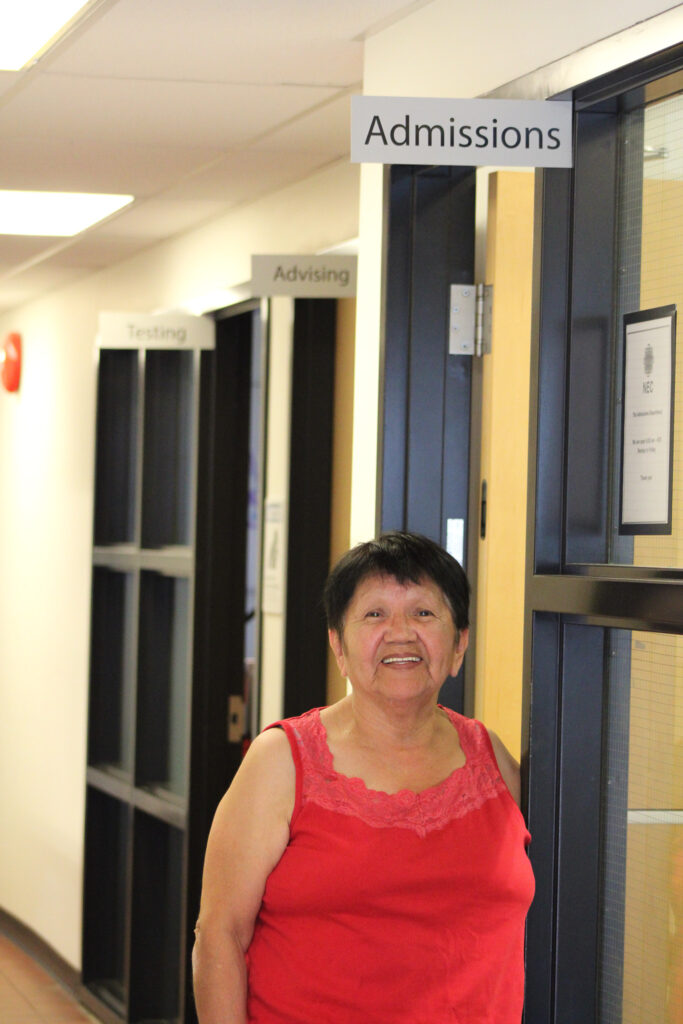
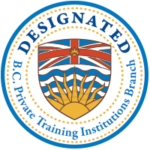
This program has been approved by the Private Training Institutions Regulatory Unit (PTIRU)of the Ministry of Post-Secondary Education and Future Skills. https://www.privatetraininginstitutions.gov.bc.ca/
Longhouse Values
These original laws are embedded in every aspect of our House. They invite cultural identity and selfdetermination of Indigenous Peoples, which empowers learners to advance their unique personal and educational goals.
- Diversity
- Respect
- Understanding
- Gratitude
- Accountability
